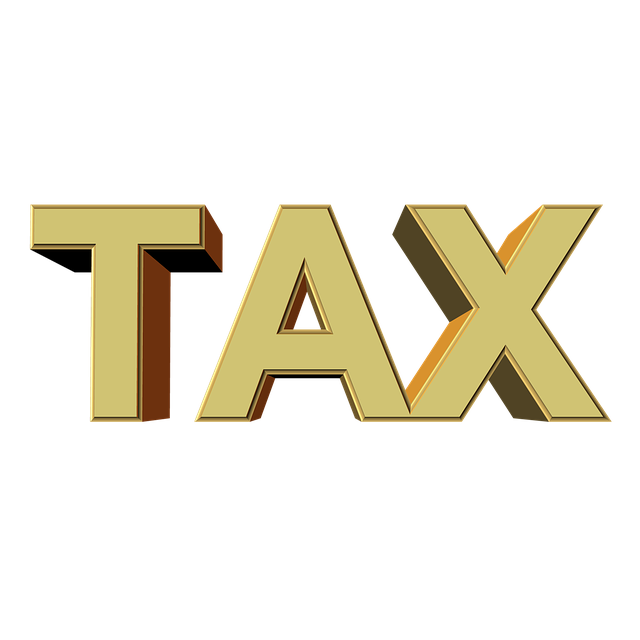In South Africa, independent contractors (freelancers) face specific tax obligations managed by the SARS. Effective self-employment tax planning involves understanding and managing Income Tax, Social Security contributions (UIF), and Medical Aid taxes within different brackets and rates. Proactive measures include meticulous record-keeping, expense deductions, staying updated on legislative changes, and engaging specialists for guidance. Maintaining detailed records and using accounting software ensures optimal compliance with South African tax laws, avoiding penalties, and potentially reducing the overall tax burden.
Managing tax compliance as an independent contractor in South Africa can be complex, with self-employment tax obligations that demand careful navigation. This article guides you through the intricacies of South African tax laws specifically for freelancers, offering insights into understanding and fulfilling your tax duties effectively. We explore strategic planning techniques to ensure compliance, highlight common pitfalls, and provide essential tips to avoid them. Discover expert advice tailored to South Africa’s self-employment tax landscape for successful financial management.
- Understanding Self-Employment Tax Obligations in South Africa
- Effective Strategies for Planning and Compliance
- Common Pitfalls and How to Avoid Them
Understanding Self-Employment Tax Obligations in South Africa

In South Africa, independent contractors have specific tax obligations tied to their self-employment status. Understanding and planning for these self-employment tax requirements is crucial for effective financial management. The South African Revenue Service (SARS) oversees taxation for freelancers, who must register for a tax number and comply with various tax regulations. This includes paying Income Tax, Social Security contributions (known as UIF), and Medical Aid taxes. Self-employment tax planning involves strategically managing these obligations to ensure compliance and potentially reduce overall tax burden.
Freelancers should be aware of the different tax brackets and rates applicable to their income. Proactive tax planning can include keeping detailed records of expenses, deducting eligible costs, and staying informed about any changes in legislation. By being diligent in their tax planning, independent contractors can avoid penalties, ensure they meet their legal obligations, and potentially save money in the long run.
Effective Strategies for Planning and Compliance

In the dynamic landscape of self-employment in South Africa, effective tax planning is paramount for independent contractors to ensure compliance and mitigate potential penalties. A strategic approach begins with understanding one’s tax obligations and staying informed about changing regulations. Engaging with a financial advisor or accountant who specialises in self-employment tax planning can provide invaluable guidance on managing revenue, expenses, and deductions.
Proactive measures include maintaining meticulous records of all income and expenses, categorised for easier reconciliation. Utilizing appropriate accounting software can streamline the process, making it simpler to track revenue, deduct allowable expenses, and calculate taxable income accurately. Regularly reviewing tax thresholds, rates, and credits available to self-employed individuals is essential, as these can change annually, ensuring optimal planning and compliance with South African tax laws.
Common Pitfalls and How to Avoid Them

Many independent contractors in South Africa fall into common pitfalls when it comes to tax compliance, often due to the complex nature of self-employment taxes. One of the main issues is not understanding the taxable income calculation. Since contractors are responsible for both their income and expenses, it’s crucial to keep detailed records. Neglecting to do so can result in overstated or understated tax liabilities.
To avoid these pitfalls, independent contractors should focus on proactive self-employment tax planning. This includes keeping meticulous financial records, categorizing expenses correctly, and staying informed about tax laws and regulations. Regularly consulting with a tax professional who specializes in South African tax laws for self-employed individuals is also beneficial. Such guidance can help contractors stay compliant, minimize their tax burden, and avoid potential penalties.







